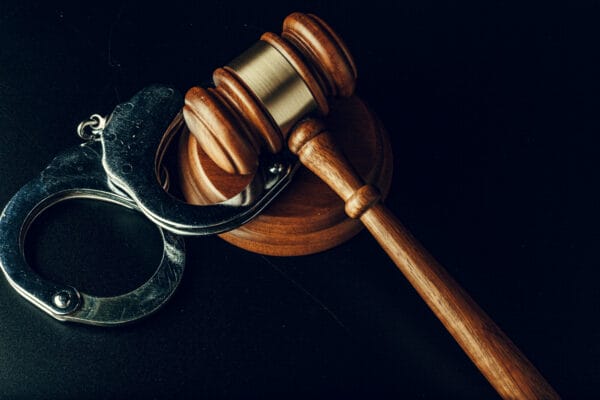 By David G. Savage | Los Angeles Times
By David G. Savage | Los Angeles Times
The Supreme Court has devoted decades to giving meaning to the Constitution’s promise of equality for all before the law.
Now, as the court heads into the final two weeks of this year’s term, the justices may be about to close one chapter of that long story even as they open a new one.
The court is set to decide whether to pull back on 1960s-era remedies for racial discrimination that critics say have outlived their need. One case tests a race-based affirmative action policy at the University of Texas that gives an advantage to black and Latino students. Another case could end part of the Voting Rights Act of 1965 that puts the South under special scrutiny for its laws on voting and elections.
At the same time, the court will decide for the first time whether to extend equal rights to gay and lesbian couples who are married and to those who wish to marry.
In both sets of cases, the justices will consider what the Constitution means when it says the government may not deny to any person “the equal protection of the laws.”







